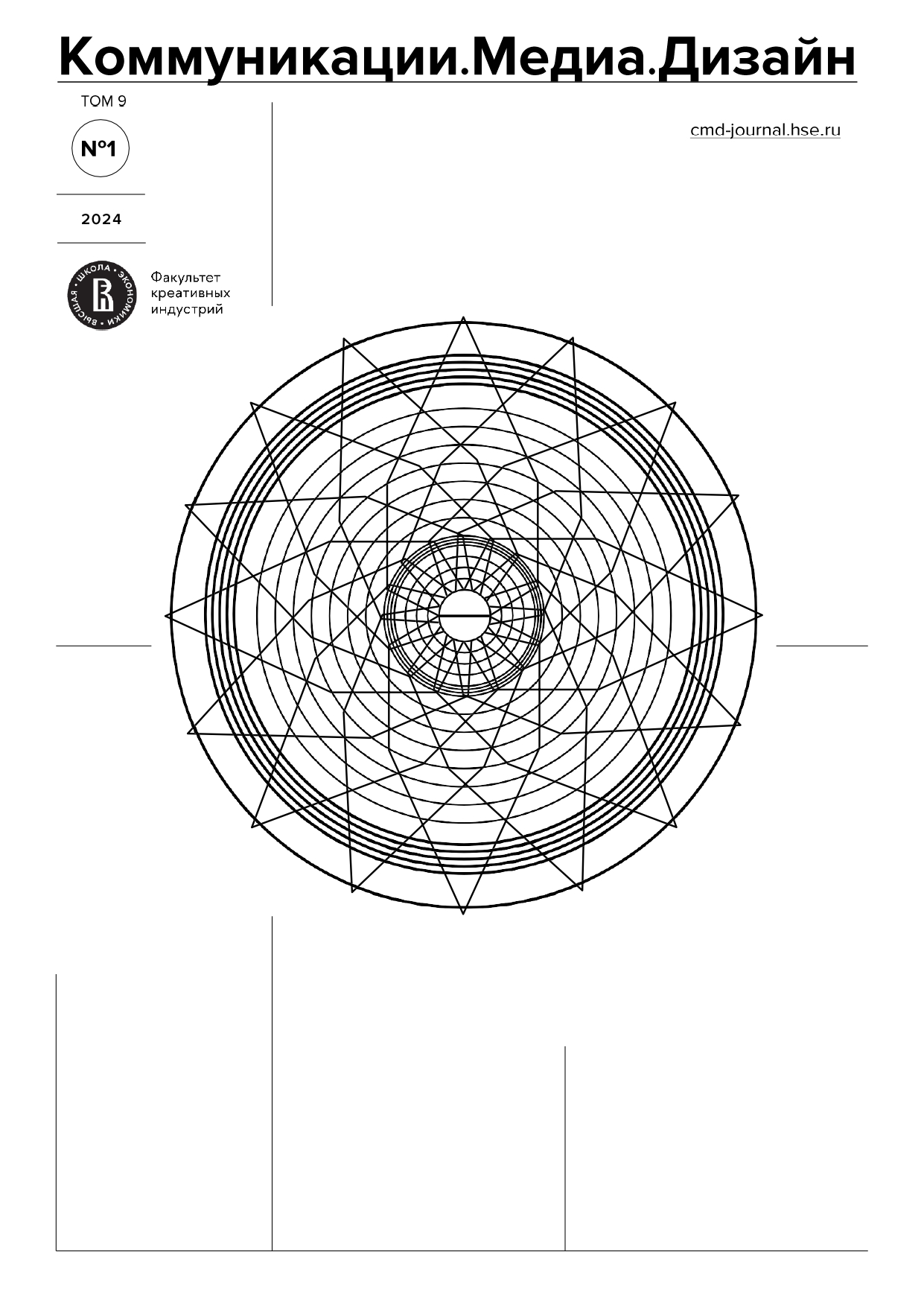Is it All Gold that Glitters? The “New Normal”
Abstract
Within the general framework of “Internet for social good” the paper offers an insight into the potential impacts and drawbacks in lieu of the ongoing digital transformation. It analyses some of the key facts and events that characterised the recent past and contributed to identifying the digital transition as the natural evolution of our society. It looks at cyber technology from the humanities side, considering the mid- and long-term impact on society. Our “world” is being reshaped by cyber technology, government procedures, production and supply chains, general services and more as they all are based on cyber technology and platforms. Platforms are mainly private, and the key ones are concentrated in a few countries creating a kind of oligarchy. The “control buttons” of our daily lives are often outside the control of our nation-state. Many a time, the double nature of “cyber”, though contributes to improving resilience, because of its pervasive nature, it can be the target for attacks. In the “analog” world we had different “channels” to perform our activities. In the cyber world the whole “system” depends on cyber technology. This represents a significant risk, both in case of malfunction or hackers’ attack and, in case of a top-down decision, to switch off. A plan B in such a situation will require a long time to be implemented. Social media and global content providers are “training” young generations by offering a “unified global” approach. This will impact future generations and their cultural identity. The recent pandemic boosted the digital transition. An increasing number of “digitally divided” citizens are forced to “go digital”. This generated a significant impact on cybersecurity. We are surrounded by “critical infrastructures” managed by cyber components that, in case of attacks, may create major or minor impacts on our daily lives. On the social side, we are wrapped in our cyber-sphere in a kind of symbiotic relationship. Citizens experience the world, thanks to a cyber device-mediated approach. The “new reality” is the one delivered by devices. The cyber-loneliness, one of the foreseeable risks is a kind of addiction to this “parallel life” training users to shift from Real- to Meta-life blurring the border between them. The “new normal”, is this what we aim for?
Downloads
References
Adam, J. (2004) Internet Behaviour and the Design of Virtual Methods, http://www.joinson.com/home/pubs/02%20Virtual%20methods021-34.pdf
Egger, O., & Rauterberg, G. W. M. (1996). Internet behaviour and addiction. Swiss Federal Institute of Technology.
EU Cyber Defence Policy Framework. (2018 update). Council of the European Union.
European Union. (2016). Joint framework on countering hybrid threats - A European Union response. https://www.eeas.europa.eu/node/46393_en
Juul, J. S., Porter, M. A. (2019). Hipsters on networks: How a minority group of individuals can lead to an anti-establishment majority. Phys. Rev. E 99, 022313. https://journals.aps.org/pre/abstract/10.1103/PhysRevE.99.022313
Makkuni, R. (2018, March 19). The Betrayal of the IT Revolution [Conference Session}. WSIS Forum, Geneva, Switzerland.
Martins, A. C. R., Pereira, C. de B., Vicente, R. (2009). An opinion dynamics model for the diffusion of innovations. Physica A 388, 3225–3232. https://doi.org/10.1016/j.physa.2009.04.007
Peralta, A. F., Kertész, J., Iñiguez, G. (2022). Opinion dynamics in social networks: From models to data. Handbook of Computational Social Science.
Ronchi, A. M. (2018). 21st century cyber warfare. Information and Security: An International Journal, 39, 390x
Ronchi, A. M. (2019). e-Citizens: Toward a New Model of (Inter)active Citizenry. Springer. https://doi.org/10.1007/978-3-030-00746-1
Ronchi, A. M. (2019). e-Democracy: Toward a New Model of (Inter)active Society. Springer. https://doi.org/10.1007/978-3-030-01596-1
Ronchi, A. M. (2019). e-Services: Toward a New Model of (Inter)active Community. Springer. https://doi.org/10.1007/978-3-030-01842-9
Ronchi, A. M. (2020). Digital transformation. ICCC, New Delhi, Cyberlaw.
Ronchi, A. M. (2021). “Soft” but still concerns. In M. Aslan (Ed.). International Conference on Homeland Security: Emerging Trends, Challenging Aspects. Hasan Kalyoncu University, Turkey.
Ronchi, A. M. (2022). From Ingsoc to Skynet it is not only science fiction: From novels and science fiction to quasi-reality. UNESCO IFAP Intergovernmental Council.
Schwab, K. (2016). Shaping the Fourth Industrial Revolution. World Economic Forum.
Sector, European Parliament Legislative Train. (2019, April).
Stuckelberger, C., Duggal, P. (2018), Cyber Ethics 4.0: Serving Humanity with Values. Globethics.net. http://hdl.handle.net/20.500.12424/169317
Surowiecki, J. (2004). The Wisdom of crowds: why the many are smarter than the few. Doubleday, Anchor.
Towards a More Competitive and Efficient Defence and Security. (2013). EUR-Lex. https://eur-lex.europa.eu/legal-content/EN/TXT/?uri=legissum:19020206_1

